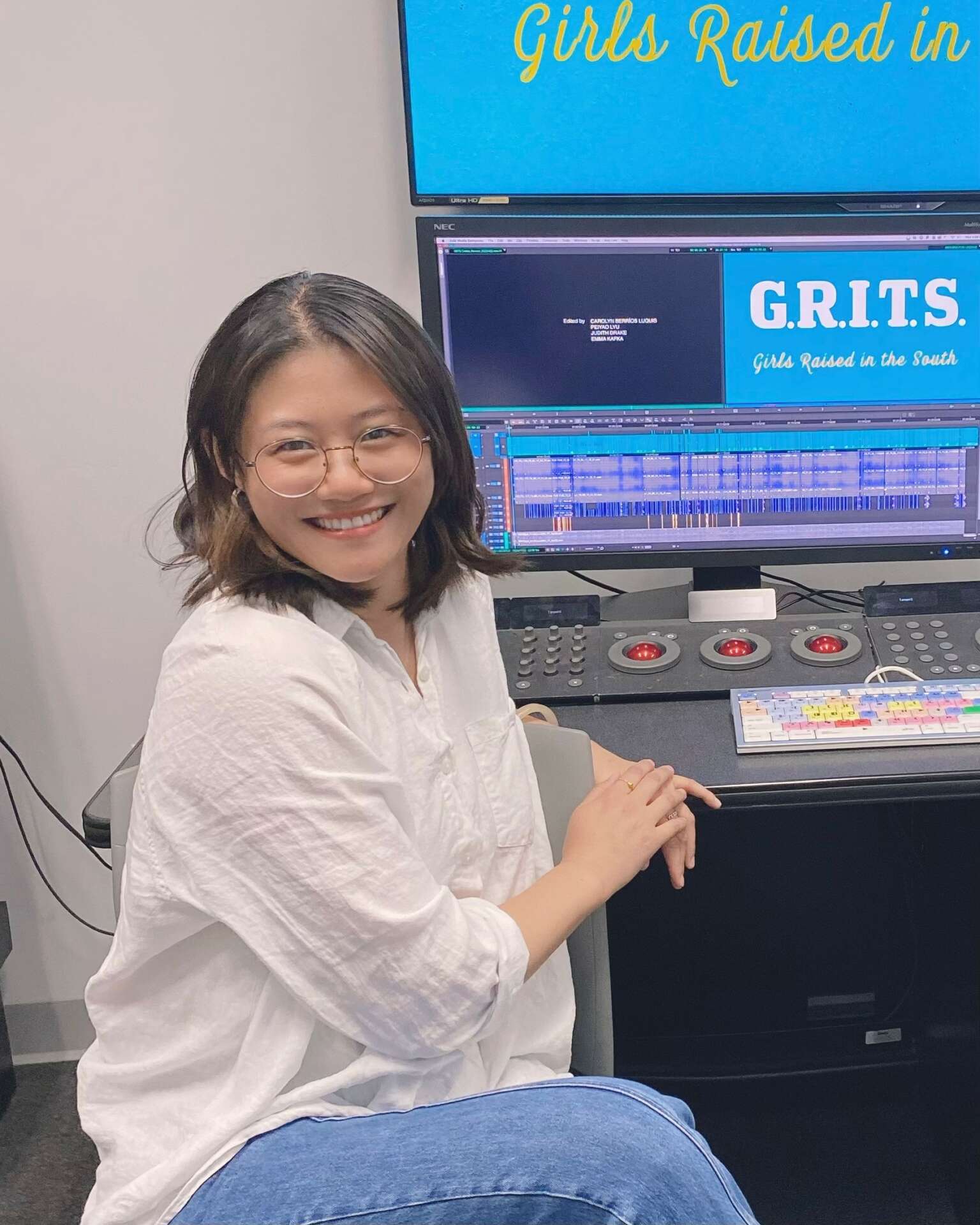We were lucky to catch up with Peiyao Lyu recently and have shared our conversation below.
Peiyao, appreciate you joining us today. Have you been able to earn a full-time living from your creative work? If so, can you walk us through your journey and how you made it happen? Was it like that from day one? If not, what were some of the major steps and milestones and do you think you could have sped up the process somehow knowing what you know now?
I am a film/video editor and producer. To become a professional editor and producer, it’s essential to embark on a journey that often involves education and training to build your skills. I got my MFA in film and TV production degree from Savannah College of Art and Design. During school time, creating a strong portfolio by working on personal and collaborative projects is the foundation. Networking in the industry, attending events, and connecting with professionals is crucial. Starting with internships or entry-level positions, and eventually freelancing to gain experience and reputation is common. Establishing an online presence through a website and social media will help you reach potential clients. Specializing in a niche, continuous learning, effective self-promotion, and embracing patience and persistence are key. Financial management, seeking feedback and mentorship, developing business skills, and considering income diversification are all part of the process. Regularly evaluate your progress and adapt your strategy as you navigate the path toward a successful career in film and video editing and production.
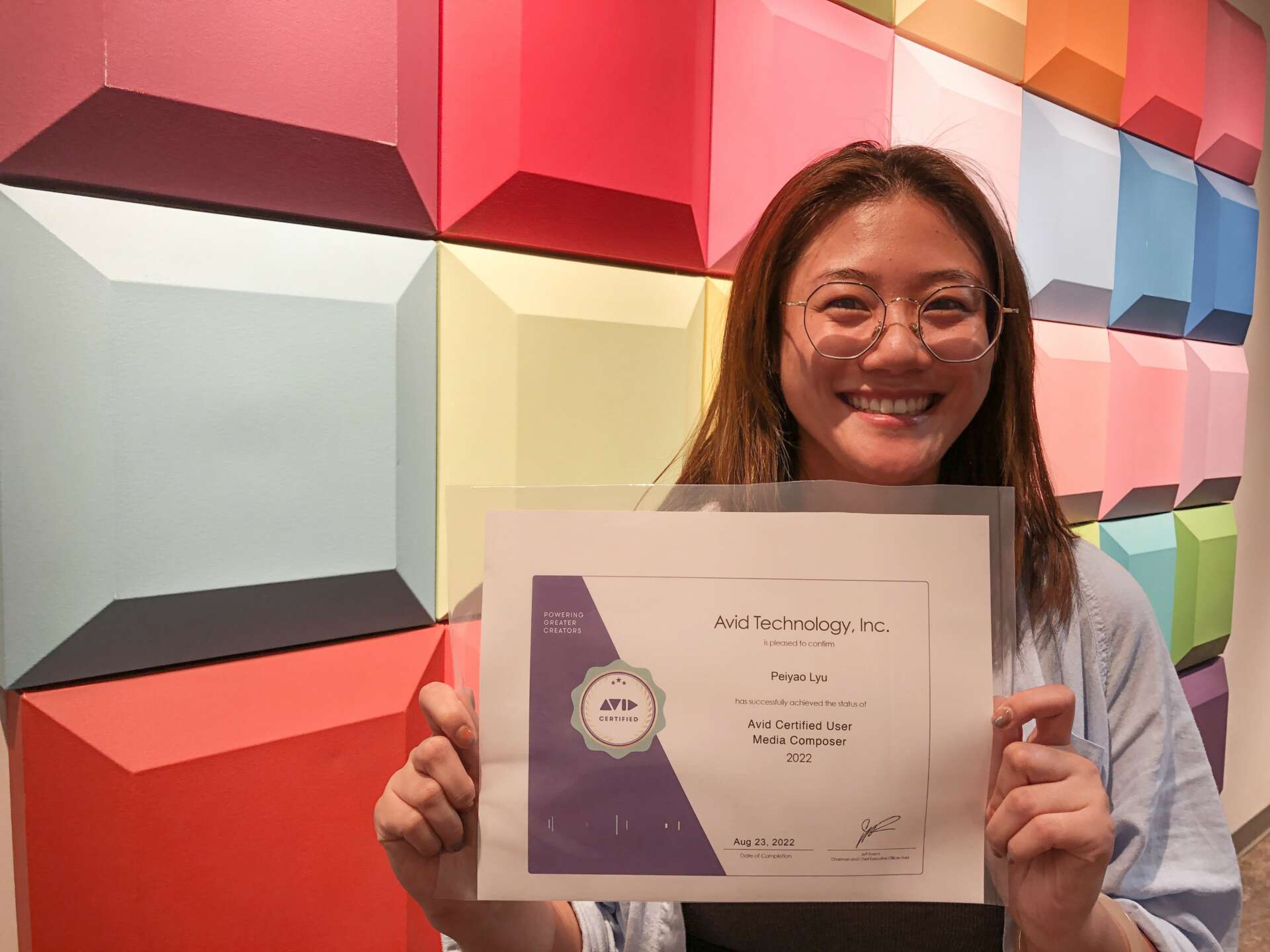
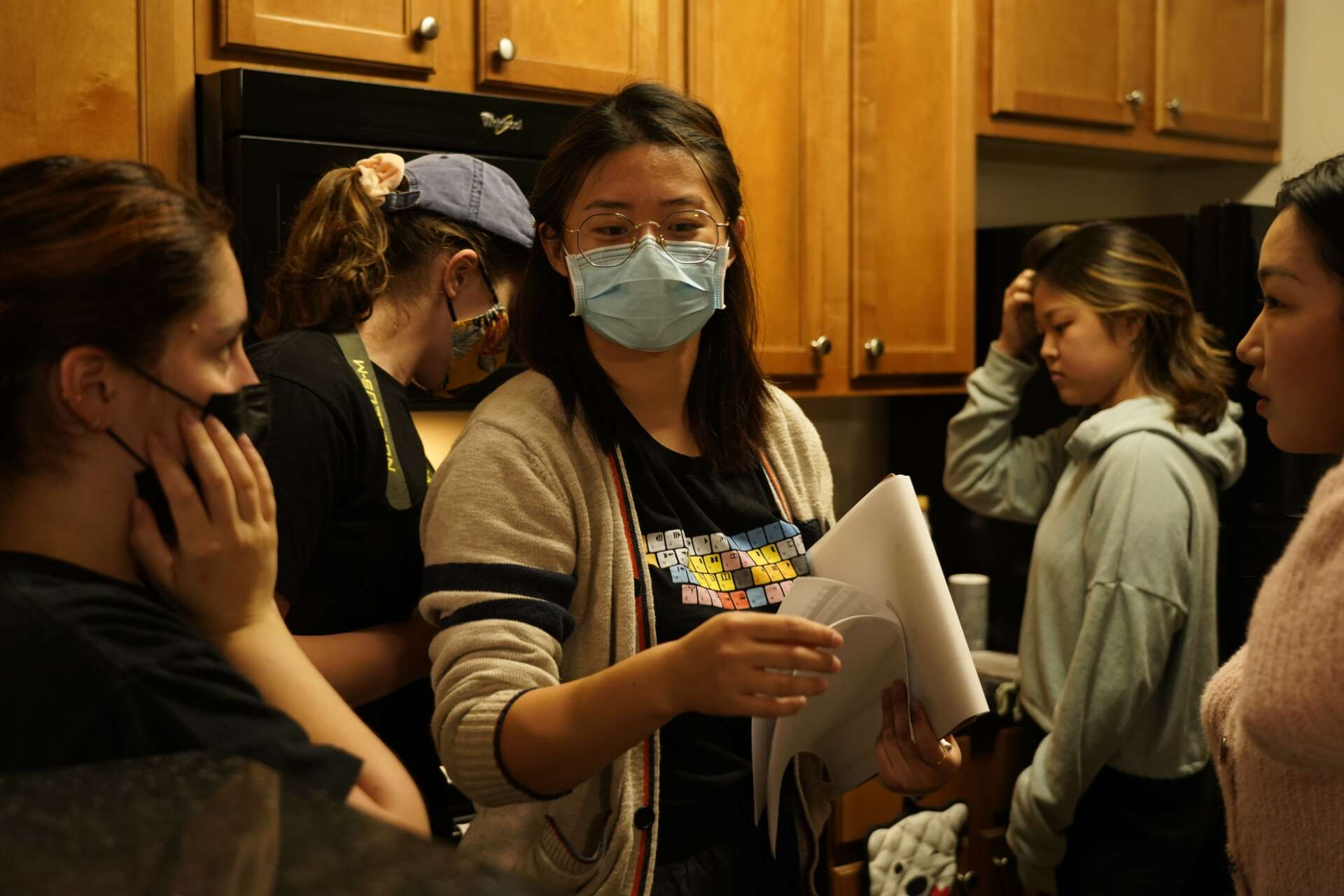
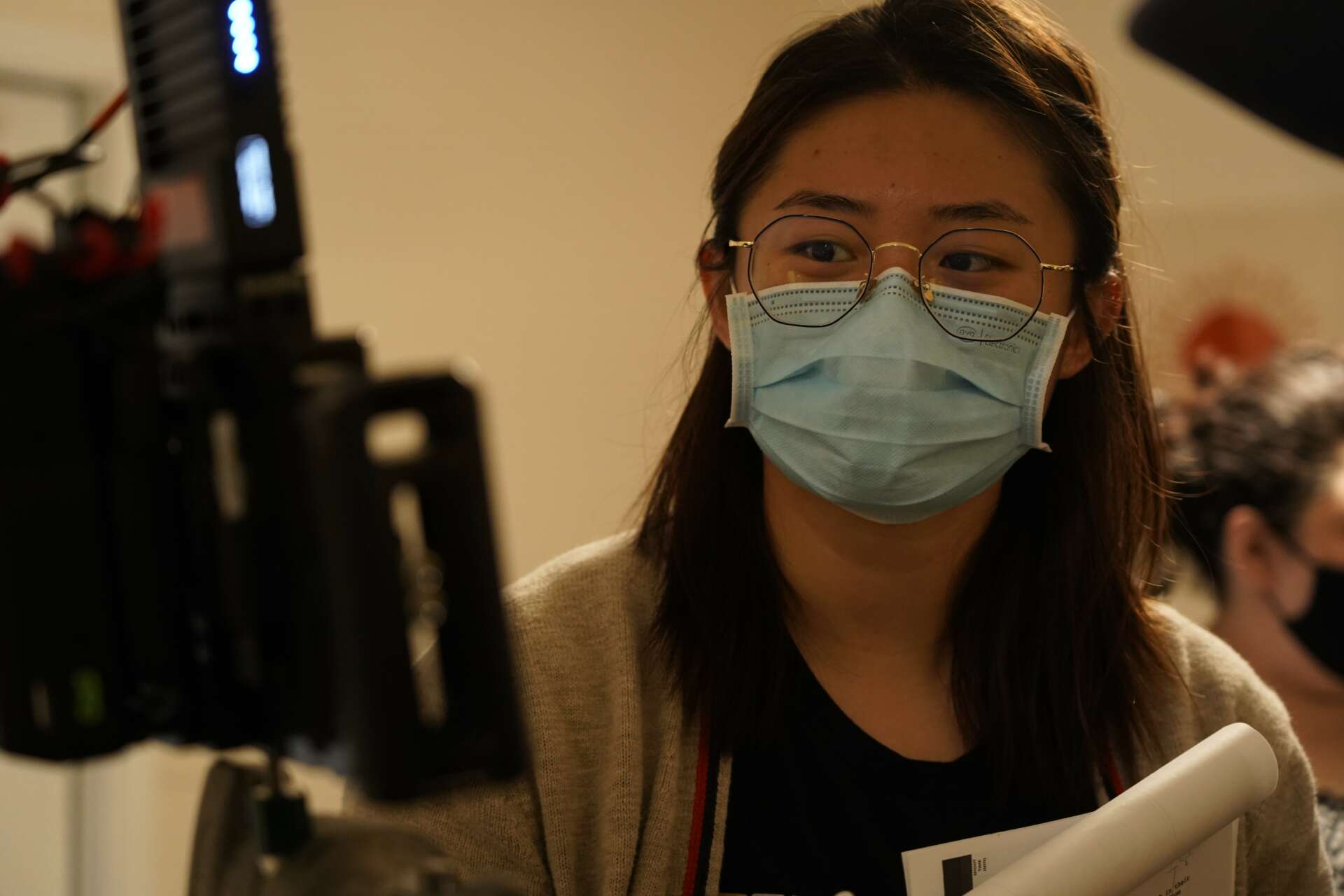
Peiyao, love having you share your insights with us. Before we ask you more questions, maybe you can take a moment to introduce yourself to our readers who might have missed our earlier conversations?
I’m Peiyao Lyu, a filmmaker, producer, and editor. In 2018, I got in touch with Film production. With many books I read and many films I watched, my interest is in the expression of the emotions of people and their families and friends who were affected by social events. I think the most important thing to making a good movie is to have a story that inspires people. And the most natural way for me to convey emotions is through my own experience. I consider everyone’s emotions in my story. Therefore, I’ve been making female stories, Asian stories, LGBTQ+ stories, etc. I started by using my film to encourage my LGBTQ+ friends around me, especially my Asian friends. I thought the way I could make a small contribution to the world was to support and help vulnerable people to tell their stories, and put hope that my story could change someone’s thinking. By now, I received a bunch of good comments. My first Asian LGBTQ+ film “Reunion Dinner” was officially selected in lots of film festivals for screening, and I also got lucky to receive a bunch of great awards.
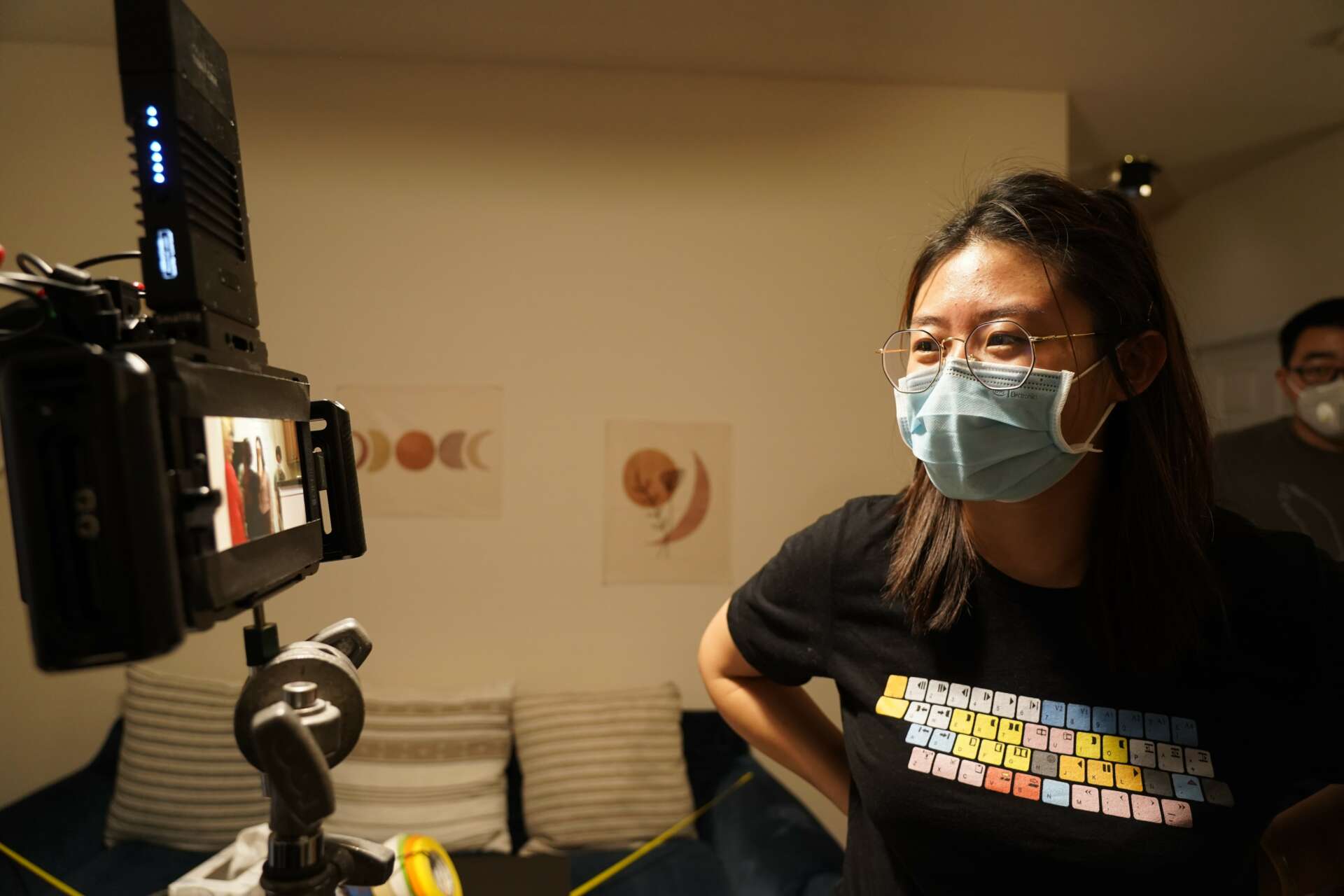
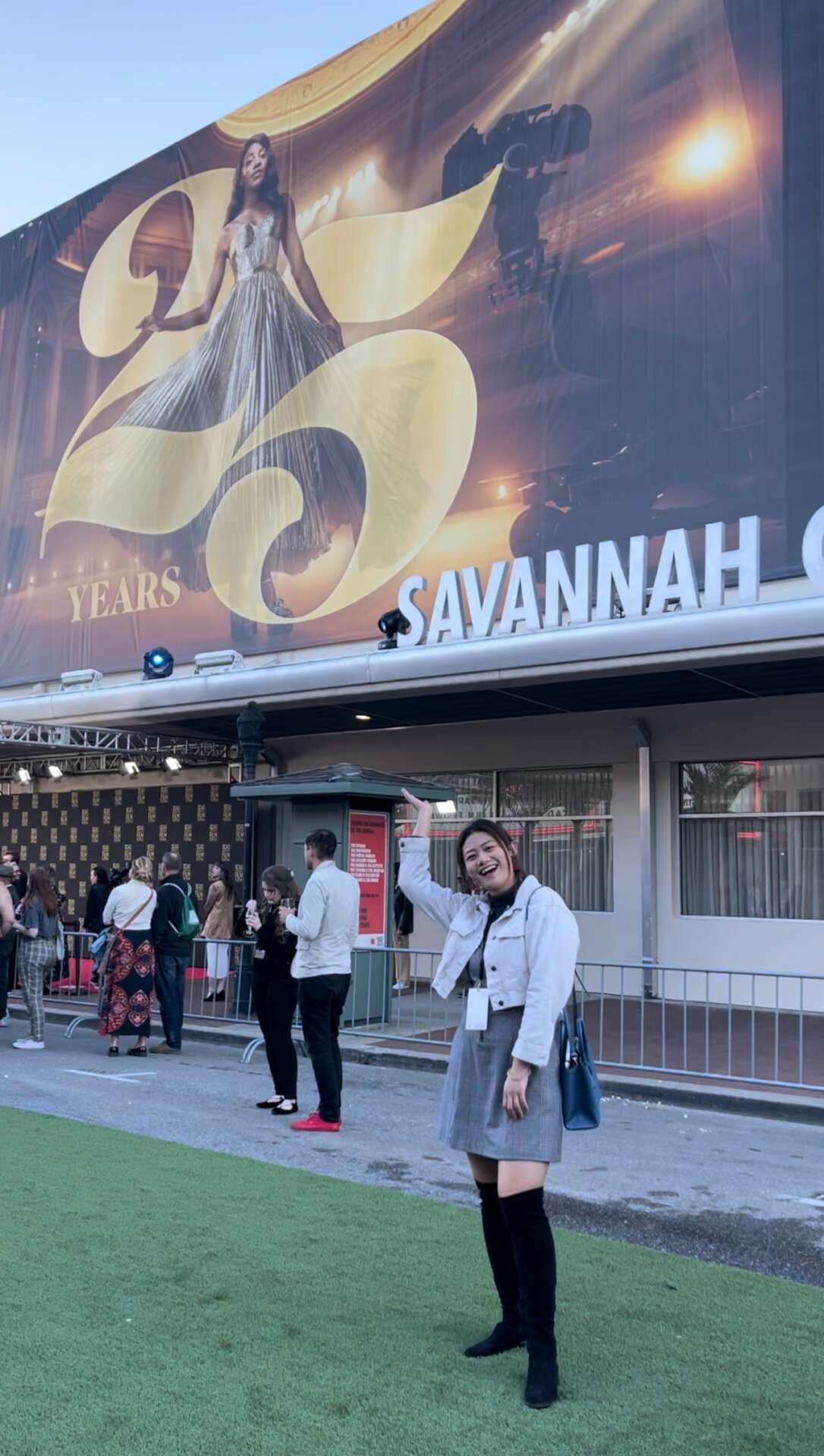
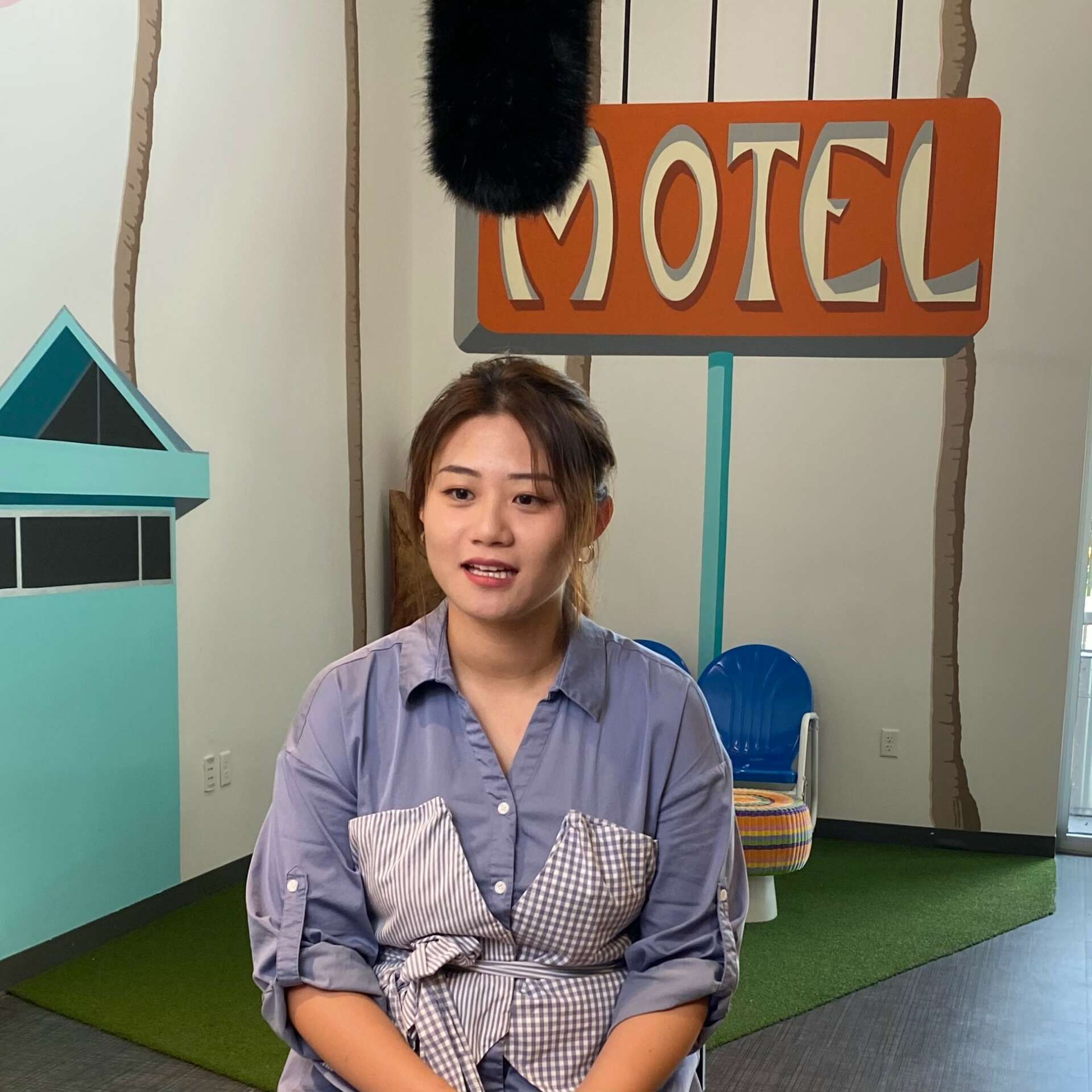
Any resources you can share with us that might be helpful to other creatives?
Advanced Editing Software: Learning about advanced video editing software like Avid Media Composer, Adobe Premiere Pro, and DaVinci Resolve can greatly enhance your editing capabilities.
Online Editing Communities: Joining online editing forums and communities can help you connect with other editors, share knowledge, and stay updated on industry trends.
Editing Workshops and Courses: Enrolling in editing workshops and courses, either in-person or online, can provide you with valuable skills and insights from experienced professionals.
Film Analysis: Studying the work of great film editors can be highly educational. Books on film editing theory, like “In the Blink of an Eye” by Walter Murch, can offer valuable perspectives.
Creative Commons and Royalty-Free Resources: Access to free or affordable stock footage, music, and sound effects can save time and money during the editing process.
Collaboration Tools: Tools like Frame.io and Wipster can streamline the collaboration process, making it easier to review and provide feedback on edits.
Film Festivals and Submission Platforms: Understanding the film festival circuit and submission platforms can help you tailor your work for specific opportunities.
Legal Resources: A strong understanding of copyright, licensing, and contracts is essential to navigate the legal aspects of editing.
Networking Opportunities: Building a network of fellow filmmakers, directors, and industry professionals can open doors to collaborations and opportunities.
Visual Effects and Animation Software: Familiarity with software like Adobe After Effects or Autodesk Maya can be useful, as many film editors are expected to have some knowledge of visual effects and animation.
Remember that the editing process is highly dynamic, and the technology and resources available are continually evolving. Staying connected with the filmmaking community and being open to learning new techniques and software can greatly benefit your journey as a film editor.
What’s the most rewarding aspect of being a creative in your experience?
Self-Expression: Many filmmakers find the ability to express their unique ideas, perspectives, and stories through film to be deeply rewarding. It allows them to communicate and connect with others on a personal and emotional level.
Impact on the Audience: Filmmakers have the power to influence, educate, and entertain their audience. When a film resonates with viewers and elicits an emotional response, it can be highly rewarding.
Collaboration: The collaborative nature of filmmaking is often rewarding, as it involves working with a team of talented individuals to bring a project to life. Building strong creative partnerships can be fulfilling.
Problem Solving and Creativity: Filmmaking often involves overcoming challenges and solving complex problems. Finding creative solutions to these challenges can be intellectually satisfying.
Artistic Growth: Seeing personal growth and improvement in one’s skills and abilities as a filmmaker can be immensely rewarding. Each project offers an opportunity for learning and development.
Recognition and Awards: Achieving recognition for one’s work, whether through awards, critical acclaim, or audience appreciation, can be a validation of creative efforts.
Inspiring Others: Filmmakers have the ability to inspire and influence others. When your work encourages others to pursue their own creative passions, it can be incredibly gratifying.
Bringing Stories to Life: Many filmmakers are drawn to the magic of storytelling. Being able to take a concept or script and transform it into a visual narrative on screen is a rewarding process.
Connection with the Audience: The ability to connect with and move an audience emotionally can be deeply fulfilling. Knowing that your work has touched people’s lives can be a powerful motivator.
Freedom and Independence: Some filmmakers find the freedom to explore their own ideas and visions without constraints to be one of the most rewarding aspects of their creative journey.
Contact Info:
- Instagram: https://www.instagram.com/peggyyyia_/
- Linkedin: https://www.linkedin.com/in/peiyao-lyu-0815/


